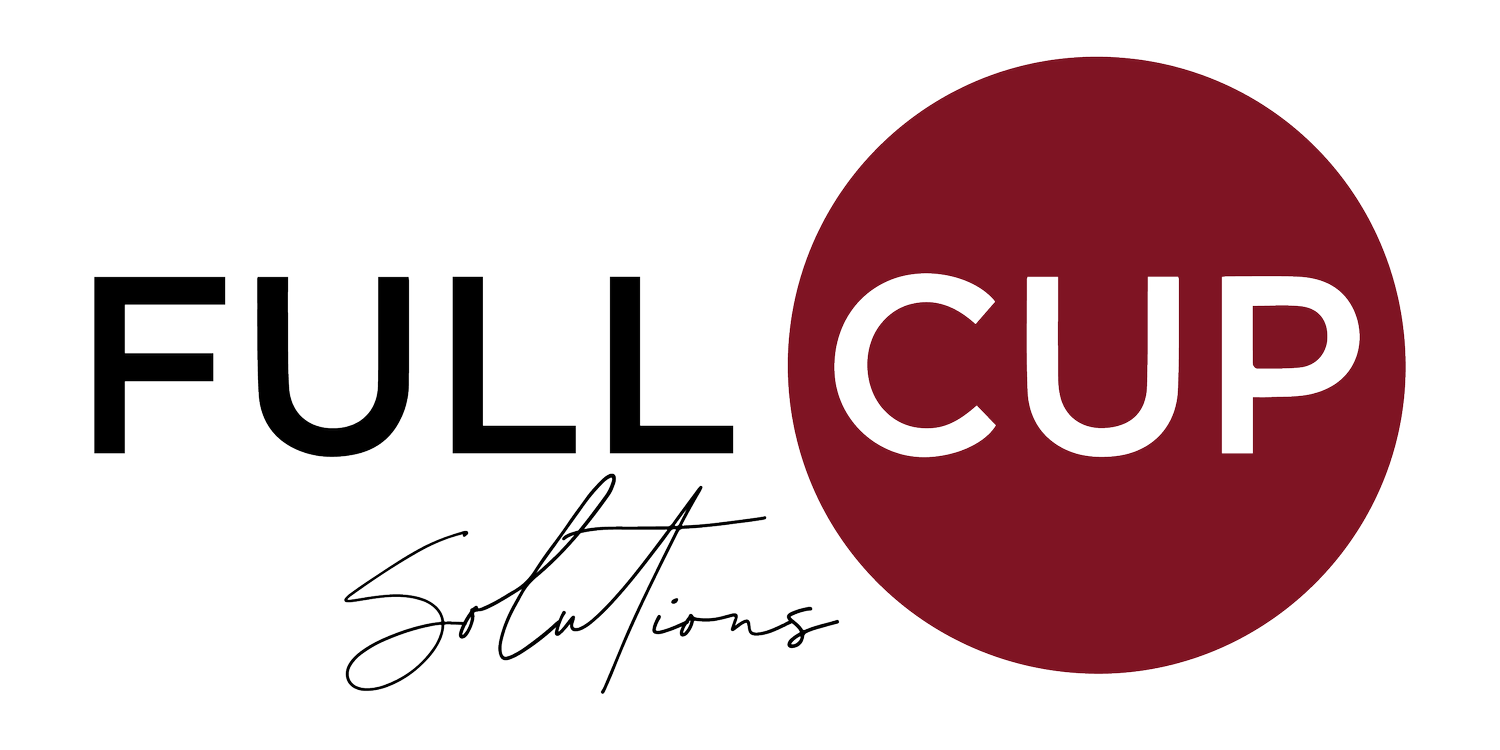Training Day - November 2022 Feature | The Somm Journal
By Randy Caparoso | BACK IN THE DARK AGES - namely the 1970s and 1980s, when even whitetablecloth restaurants sold ten times more Blue Nun and Lancer's Vin Rose than California Chardonnay and red Bordeaux - I relied on a variety of selling techniques to light a fire under guests. Just to feed my family, after all, I had to work full time in retail stores to supplement my sommelier career at night, so I had a range of skills at my disposal in an era when many servers had as little clue as diners.
While times have changed to some extent, the current business climate is a difficult one for the hospitality industry at large. Amanda Wittstrom Higgins-the former vice president of Ancient Peaks Winery and the founder of consulting firm Full Cup Solutions-recently sent me these observations:
"It's no secret that staffing in winery tasting rooms is extremely difficult. Either there isn't enough staff or management does not have time to train new people. The most basic processes, made worse by COVID, can fall through the cracks when wineries are spread too thin."
The situation is the same for restaurants: Staff training, now as then, is like pulling teeth.
So it would behoove restaurant operators to borrow some of Wittstrom Higgins' advice on how to sell just to live another day. Here's my adaptation of her basic tenets of staff training:
Smile. When getting dressed in the morning, the most important thing anyone can possibly put on is a friendly face.
Set the table. Surround guests with nonverbal selling tools that "assume" the sale and that let them know how important wine is to their experience. This includes not only providing glassware on the table but also decorating the room with wine displays, decanters, and so on.
Do your research. Take advantage of reservation-booking tools that provide information on guests, not only because they are flattered by the recognition but also because the more you know, the easier it is to tailor your service to their needs.
Prepare ten-second pitches. Do drills, and do them again, until you've memorized brief yet compelling descriptions of every wine on your list, every dish on your menu, and every detail about your restaurant-the owners, the chefs, everything.
Compile tasting notes for every training session and consider offering short, sweet descriptions of the wines on the list itself as a useful tool for staff as much as guests.
Extending simple invitations to guests to join your email list or "frequent flyer" club (a timeless idea) or to attend upcoming events will always be Marketing 101.
Ask for the sale. Restaurant sales are exactly the same as retail or any other sales in that you never get anything unless you ask for it in the form of a question such as "May I suggest a wine with that course?" This is not "check-building," it is enhancing guest experiences.
Hire effective managers. Poor service, which is the fastest way to go out of business, is a direct reflection on management, not staff If managers can't effectively train, they're useless-and of course, if you're not willing to pay them for their ability to do just that, you have only yourself to blame.
See the article on The Somm Journal website.
###
Full Cup Solutions is a full-service consulting firm owned and operated for the agriculture and beverage industries whose businesses are seeking innovative strategy, long-term success and greater accountability run by Amanda Wittstrom Higgins. Tapping a deep knowledge of sectors including marketing, sales, operations and employee development, as well as an insight on what motivates and attracts consumers and employees of all ages, the business is propelled by Amanda’s own core principles of crafting products with soul, enacting industry change, creating opportunity for others and honoring and understanding of the agricultural world.

